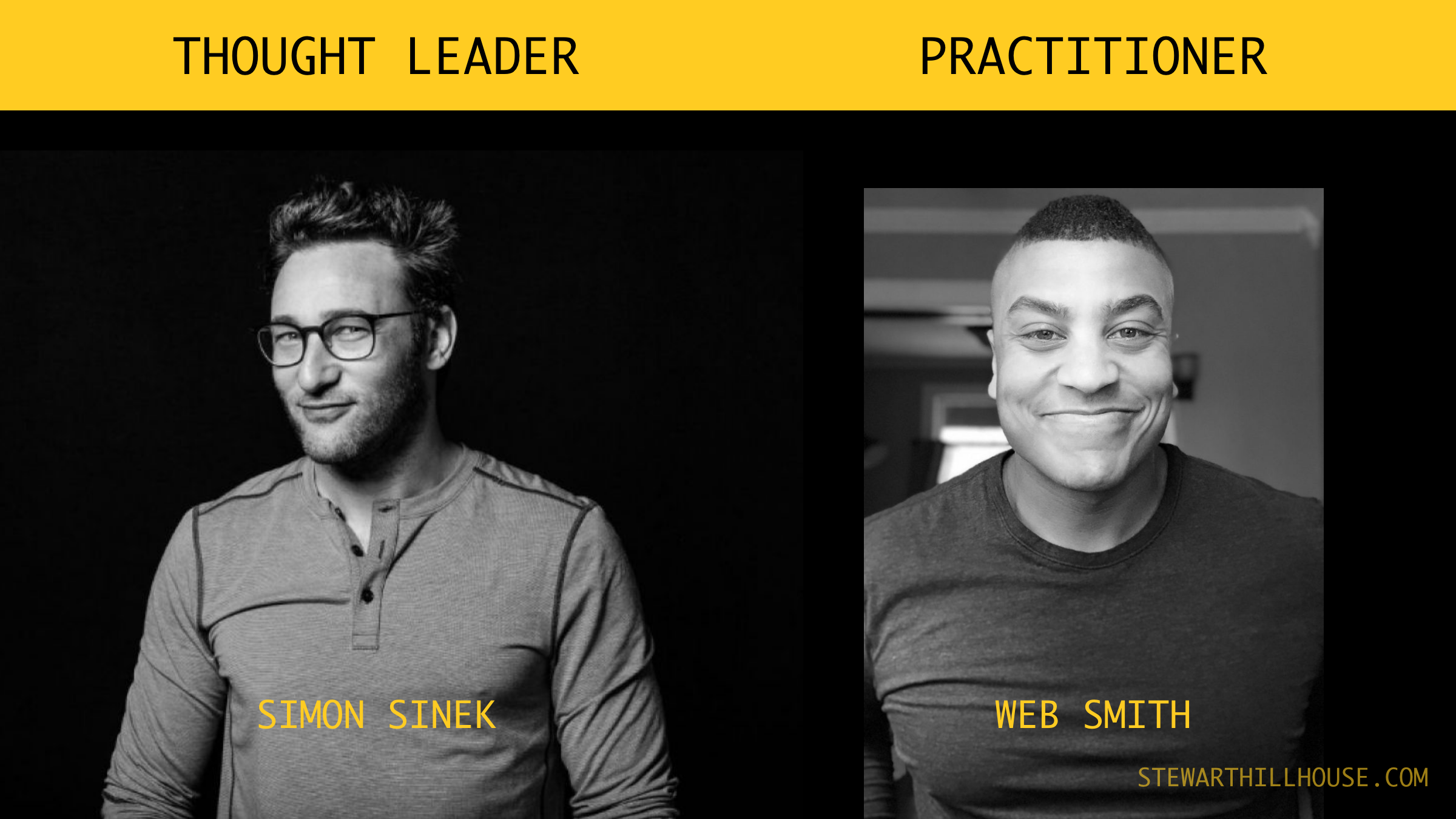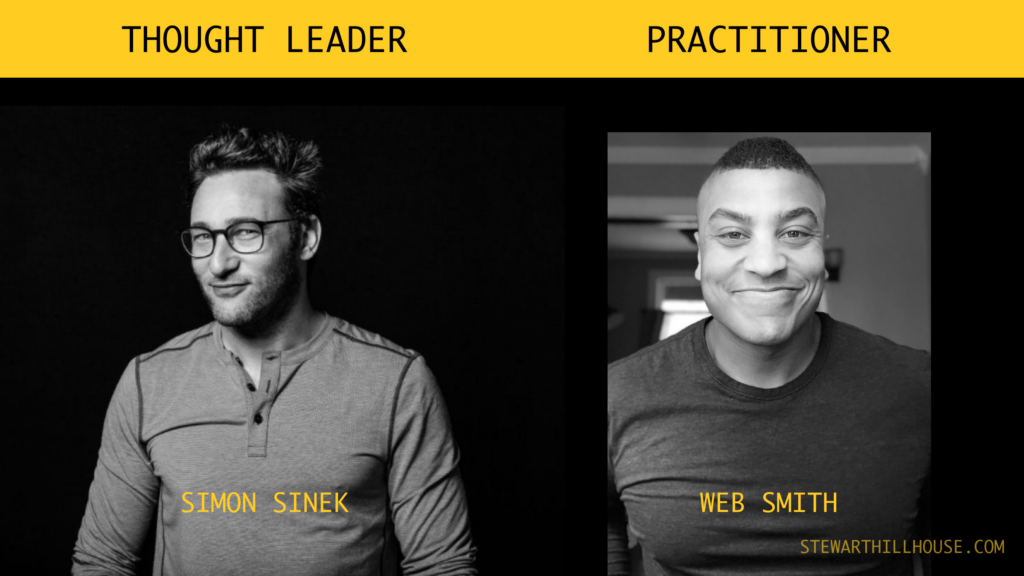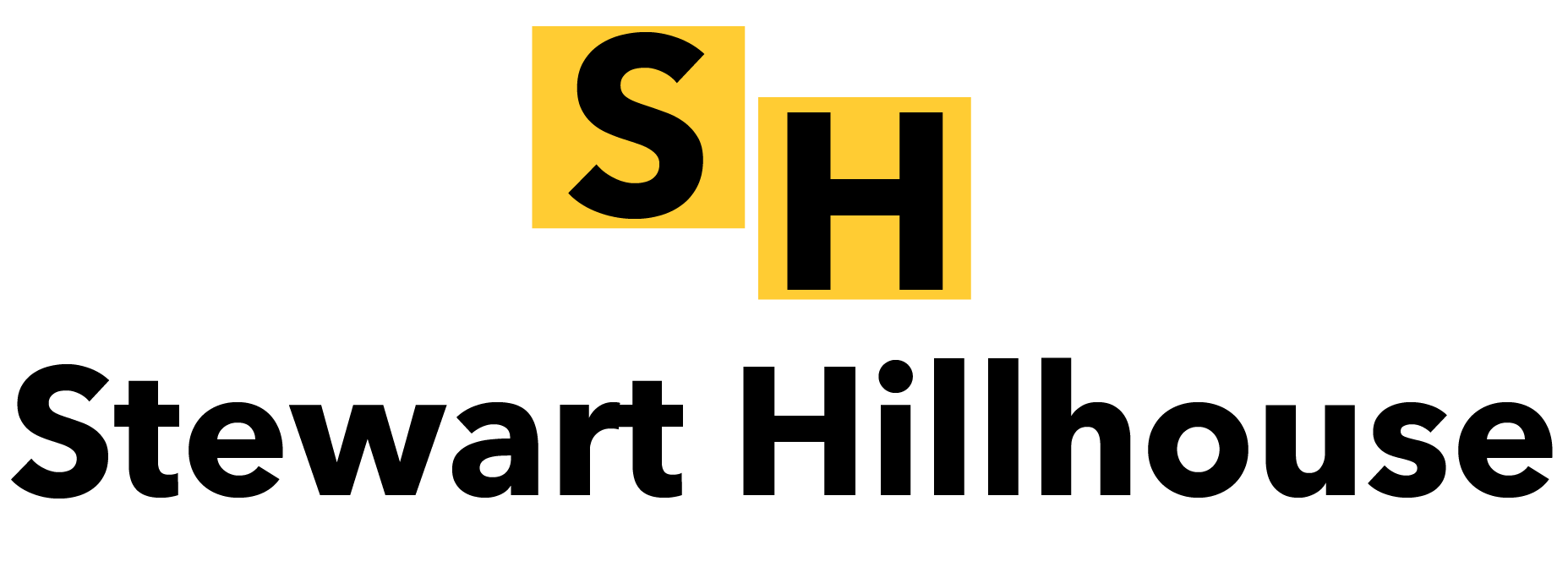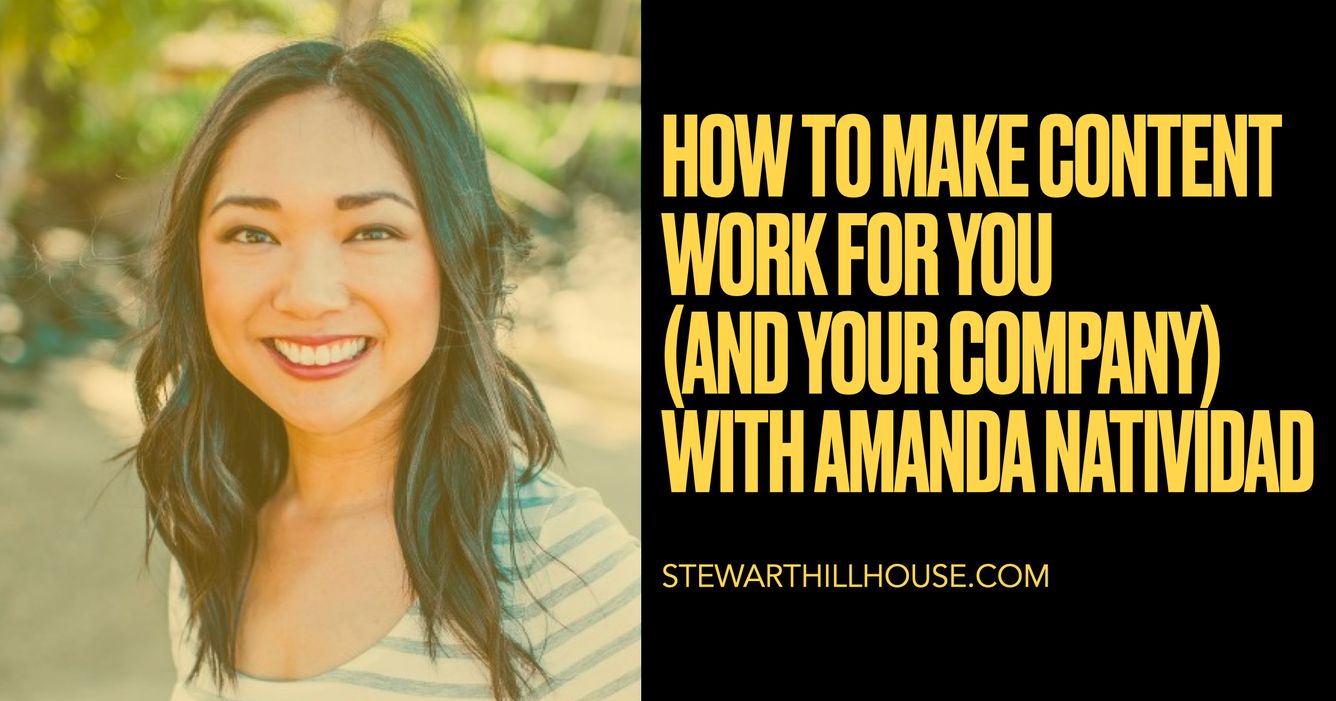
The First 180 Days Building an Audience - 5 Lessons Learned
At the end of 2019, I decided to begin getting serious about building a personal audience. My driving reason: to be able to travel anywhere in the world and be able to get a beer with a local who follows my work.
And while that reason might seem strange, it was chosen very deliberately. I don’t live in one of the traditionally bustling cities that ambitious young people go to spend their 20s (NY, Toronto, SF, Austin, London).
But I still want access to the types of crowds that live in these cities, the types of people.
So my big Why was not to have an audience to sell to (though that will inevitable happen eventually), but to use audience building as a means of networking with people I’d otherwise never get access to.
Here’s a reflective look at how my experience building an audience has changed over the last 6 months, moving from a lurker to a contributor.
Lesson 1: Act Like A Reporter In The Field, Not A Thought Leader
One thing I noticed very early on (maybe around month 2-3 of writing daily on LinkedIn), was that there are two types main types of people who publish online:
- Those who post as practitioners. They are often willing to be vulnerable and aren’t trying to be perfect. They tell it how it is and are in the trenches, taking action on their own advice.
- Those who post as experts. They often try to position themselves as the Prophet, speak in absolutes, and make it about how right they are.

Both are strategies for building an audience, but I have yet to see someone who does both at the same time very well.
If you’re just starting out, I’d recommend putting out content about how you’re learning. Act as a reporter in the field, recording interesting things you uncover and answers to questions you have.
Use your beginners mindset to your advantage, capturing your learning, inspirations, and testing your hypothesis in public, in real time.
Lesson 2: Focus on Increasing The Value of Your Ideas, Not How Many Likes You Get
Here’s the truth: I’m 6 months in, have posted 200+ times, and released 20 podcast episodes. Guess what the average number of likes I get on a post on LinkedIn? It’s about 10. How many podcast listeners I get per episode? About 40.
Growth will be slow.
The trick to keeping motivated is to make it about improving the quality of your ideas, rather than the number of likes you get.
Don’t rely exclusively on growth hacks to grow your audience. Use them strategically, but get off them ASAP and spend more effort focusing on increasing the value of your ideas.
You’ll be more proud of your work and will attract the right people, not a bunch of the wrong people.
Tip: If you’re getting discouraged from creating because no one is looking at your work, remember this: The Internet rewards those who are prolific and who have patience. All those assets (podcast, blogs, videos) live on forever. You will be able to re-publish that content in the future, or at least one key idea. It’s not going to waste, it’s just letting your ideas get better over time.
Lesson 3: Permission Is Optional
One of the first things we learn in school is to ask for permission to use the washroom, to state your opinion, or to ask a question. This sticks with us as we become adults, constantly seeking permission from “gatekeepers” to do something.
One of the most under-rated parts about the Internet is that permission is optional.
You don’t need to ask permission to write about something you’re passionate about. You don’t need permission to summarize your favourite book. You don’t need permission to design an illustration inspired by song lyrics.
Ask and you shall receive pic.twitter.com/e6YRBTu0ui
— Stewart Hillhouse (@stew_hillhouse) May 26, 2020
I’m not telling you to plagiarize. But instead of thinking that everything you do needs to be original, first start by putting a twist on something that inspires you.
The more you practice doing things without permission, the more you realize that often it’s your own self-talk that keeps you from accomplishing your vision.
Lesson 4: Being A Doer Has Massive Benefits
What I’ve found is that once you’ve developed some credibility as a doer, people you thought were impossible to get at will become willing to engage.
Here’s an example:
I’ve been asking marketers I admire to join me as a guest on my podcast show. They often have no idea who I am or that my show even exists.
But since I’ve put in the effort to even have a show, they see value in speaking with me. Now that I’ve got 20 episodes under my belt, they know I’m committed and that it will be worth their time to be a guest.
The result: the ability to get in touch, learn, and build relationships with people far more experienced than me.
Lesson 5: If You Don’t Have A System, You Will Fail
Here’s an amazing quote from James Clear that re-framed how I think about systems:
“You do not rise to the level of your goals. You fall to the level of your systems.”
James Clear
Atomic Habits
If you want to build an audience, you need to be consistent. And I’ve found that the best way to be consistent is to have a system in place that will allow you to ship everyday, whether you feel like it or not.
My system allows me to batch podcast recordings, which then turn into my written content, which then becomes my blog posts.
I’m still refining it, but without that system, I would have given up long ago.
Conclusion
Audience growth is slow – damn slow. Don’t let anyone tell you differently.
That being said, I’ve found so many positive aspects beyond just having followers that makes all the work worth it. Here are a few benefits that most people don’t talk about:
- Network with smart / cool people
- Build assets
- Learn and fail quickly
- Understand systems
- Find topics that interest you
- Build an arsenal of tools you can bring to any new project, job, or problem
Looking back, there’s so much I wished I’d known before starting. But the thing is, I likely wouldn’t have listened to that advice because it wasn’t worth anything to me.
Getting started is the only way you can truly learn. If you’re stuck in analysis paralysis, let this be the sign you’ve been looking for to get started.
I hope this was helpful to anyone who is building an audience or would like to in the future. I’m super up for answering any questions you might have, or to get into more details about any of the ideas mentioned above.
If you love learning about marketing, or want to follow along on my journey, I send a weekly email, or you can follow me on Twitter.
Cheers,
Stew


